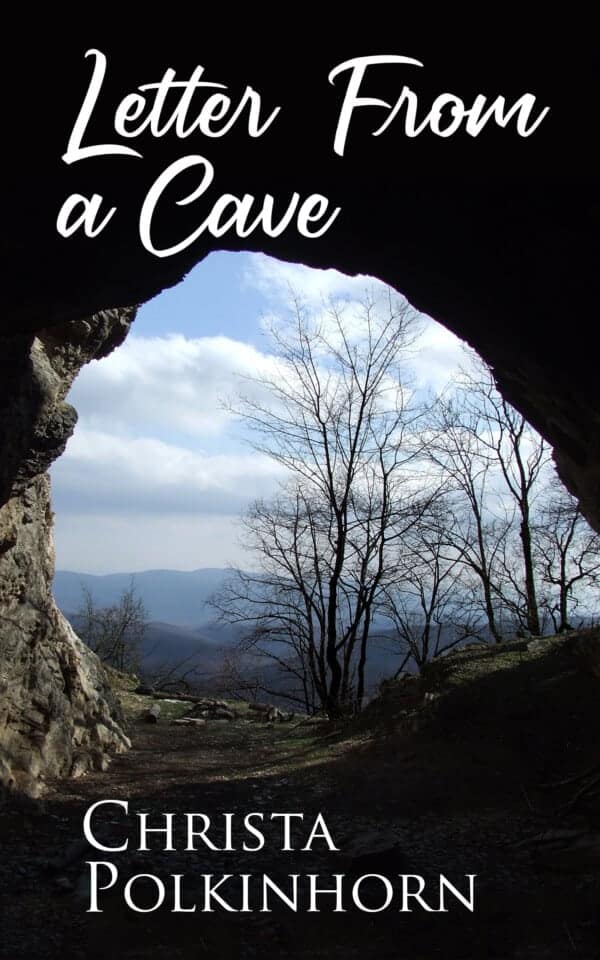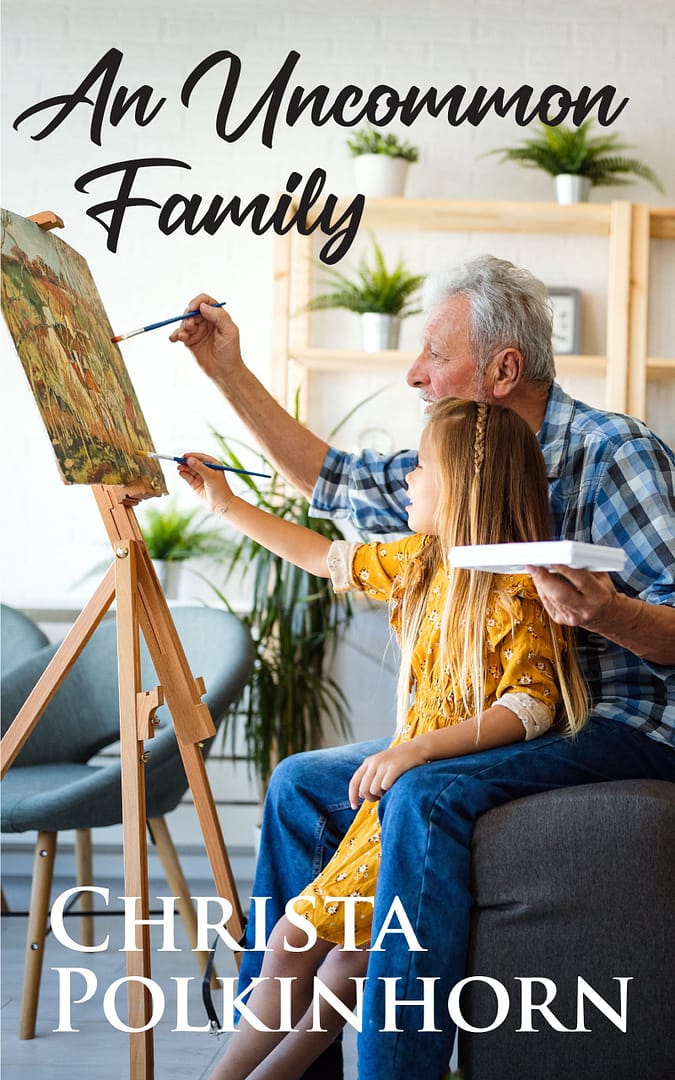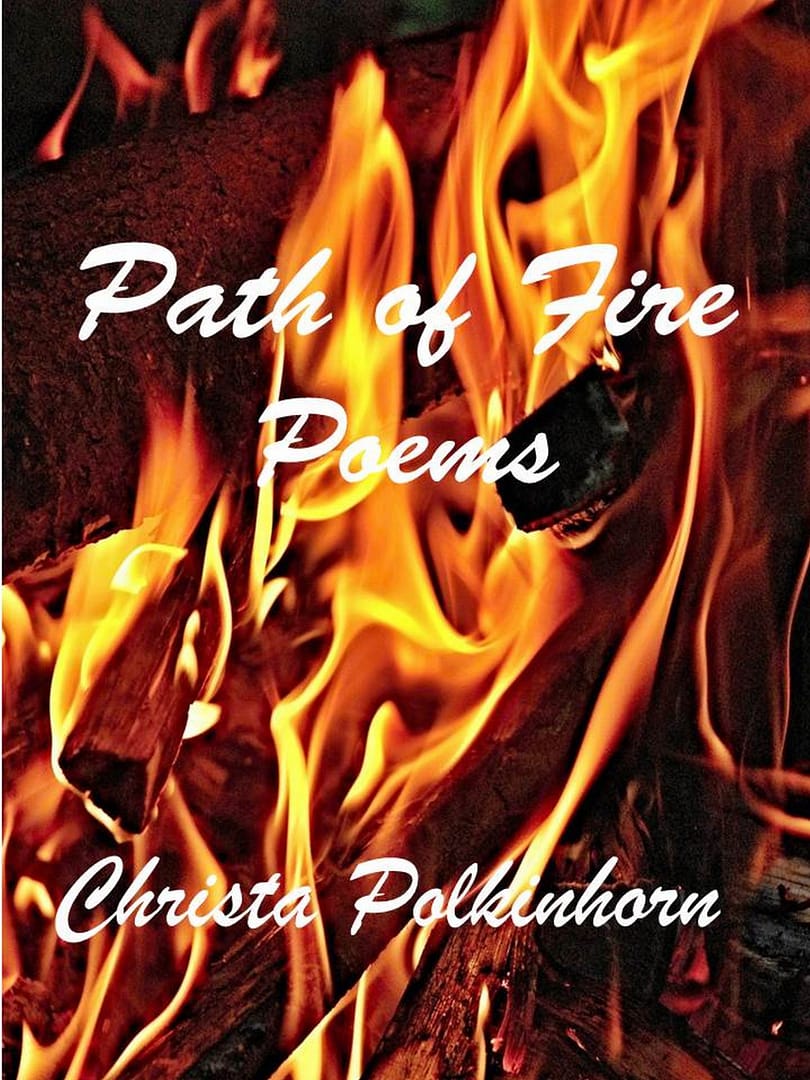The other day, I read a post on one of the blogs I follow, which happened to be a very critical and quite negative review of one of my favorite novels, The Portrait of the Artist as a Young Man by James Joyce. I studied Joyce back at the University of Zurich and at the University of California in San Diego. I took seminars with a well-known Joyce scholar back in Zurich by the name of Friedrich Senn. His enthusiasm about Joyce as a writer was contagious and I began to like his admittedly difficult and often obscure writing. I thoroughly enjoyed his short stories The Dubliners and his early novel The Portrait of the Artist. At the same time, I have to admit that I didn’t make it past page 50 of Ulysses and kind of skipped Finnegan’s Wake. He lost me there but in spite of that, I admire his ingenuity and his challenging work.
So, when Stuart Allison of the blog “must mutter” (a wonderful blog by the way!) called his work “puerile, uninteresting drivel,” I had to protest and tell him he was full of youknowwhat (of course, I didn’t put it that way, after all, we are polite people). Anyway, this lead to an interesting exchange of ideas and although we didn’t agree on Joyce and art in general, we came to a point where we could agree to disagree. This discussion, however, raised a question which is really the point of my blog post.
There seem to be two major camps in literature: the group of the “academic” authors and the “contemporary genre” writers (for lack of a better expression). The academics are the ones we study in college, the ones that have received the stamp of approval by the scholars and professors of literature. They usually consist of the classics and of the writers which have been considered “experimental” but worthy of acceptance into the High Art of Literature. Interestingly enough, those radicals of the literary world were often condemned, banned, and ridiculed by the very “literary intelligentsia” which later touted them as geniuses (Joyce is just one good example).
I received my literary education in academia and went even on to the PhD program in comparative literature (English, German, and French). Halfway through my studies, events in my personal life and the realization that I wasn’t really made for academia, made me abandon the program. Many years later, after an extended detour from the study of literature via a degree in computer science (don’t ask me why, long story), to my own translation work, I began to write myself, first poetry and later novels. I published my debut novel this year as an independent author with my own micro publishing company, Bookworm Press, on Amazon and Smashwords.
My background in academia and my experience as a midlist independent author brought me in touch with both camps I mentioned earlier, the “traditional academics and experimental authors” and the “contemporary, genre-oriented authors,” and I noticed for the first time the hostile attitude that seemed to exist between those two groups. It’s almost as bad as the adversity between the traditional large publishing empires and the newly developing independent publishing ventures. Hatred galore. But why?
Why, in god’s name can’t we all get along? An author friend of mine once said we should burn the books of authors such as Joyce, Faulkner, and the likes, those who don’t have plot and a traditional sequence of events. On the other side of the isle is the professor or language poet who sneers at the “amateurs” out there who enjoy plot- and content- or character-driven literature or the so-called Trivialliteratur (trivial literature), the German word for entertaining, easily accessible prose.
There are times when I enjoy a difficult book from an author who experiments with language, one you have to read several times to get something out of it, one that doesn’t answer all the questions but asks questions (linguistic, social, political questions and questions of content), one that keeps language and literature alive and changing. It’s demanding, it makes you think and ponder, it may leave you dissatisfied and questioning in the end. What’s wrong with that? I just read an article in a Swiss newspaper (I’m in my original home country at the time) about a German author by the name of Reinhard Jirgl who received the Büchner prize, the coveted literary award for German literature. I have never read anything of his but he seems to be an extremely inventive author, one that people who love plot would probably hate. When the interviewer pointed out to him that his books are “difficult,” he shook his head and said: “Not difficult but TIME CONSUMING.”
That made me realize why many people shun such books. We don’t seem to have the time or the willingness to invest the time to dig into a difficult book, one that doesn’t slap us in the face on the first page, or even with the first sentence. We want instant gratification. By “we” I mean the everyday reader, the man or woman who comes home in the evening after a day of work, tired. We don’t want to think anymore but would rather watch TV or, if we read a book, then it should be one that doesn’t require a lot of “tiresome thinking,” or, even worse, one for which we have to grab a dictionary to make some kind of sense out of it. That’s understandable.
However, there are people who read and enjoy such stuff. They may be students or teachers of literature, professors, academics, or even everyday readers such as myself who once in a while like the challenge. So, why should we deprive those people of the books they like? Another friend who complained about some of the “plotless” garbage also mentioned that such books only serve to support jobs at the university level. Pray tell, what’s wrong with that? Not everybody studies literature at the university and goes on to teach it, but those who do provide a service. They support literature, they organize readings for authors, they help students enjoy a wide variety of books AND they pay taxes. That in defense of academia. And those among them, who categorically sneer at accessible literature, can sneer themselves into oblivion, as far as I am concerned. There are narrow-minded people in all walks of society.
I enjoy many types of literature. I devoured Harry Potter, I love a good mystery, I keep discovering interesting paranormal books, thrillers, even romances, if they are well written. But at the same time, I also love books by Virginia Woolf, Faulkner, Joyce, etc. etc. It depends on my mood and my state of mind.
I myself write books which have plot and are accessible because that’s what I naturally gravitate toward. When I first began to write, I tried to imitate the stream-of-consciousness novels written by Virginia Woolf, another one of my favorite authors. I failed miserably. Don’t think those books don’t have structure and order, they definitely do. And that kind of order is a lot more difficult to create than a general plot with a traditional beginning, a middle, and an end.
I’m in favor of democracy in literature, a buzz word of all those independent authors (including myself) who now toss their work into the world in form of ebooks and print-on-demand paperbacks and all that at a reasonable price. That’s great; I welcome it. But we don’t have to kill the other camp. They do their job. We can learn from each other. But that means we need to be a little less arrogant and a little more open-minded, on both sides of the isle, so to speak.
And I respect Stuart Allison, who tore Joyce apart, because he did it in an intelligent, thoughtful way. I don’t agree with him but the point is, it got a discussion started. The two camps (and I counted myself to the defending camp of Joyce in this instance) actually discussed opposing views rather than just ignore or sneer at each other. And, in addition, the discussion led me to a new author, a new blog, and it gave me the opportunity to be interviewed by him in December.
Democracy only works when people are sophisticated and open-minded enough to have their own point of view but still accept diversity. And by all means, defend what you believe in but don’t kill or burn the other side!
Happy Reading, Happy Halloween, and Happy End of the Year!
PS: In case you are interested in reading Stuart’s and my exchange about James Joyce, here is the link.
Like this:
Like Loading...


















